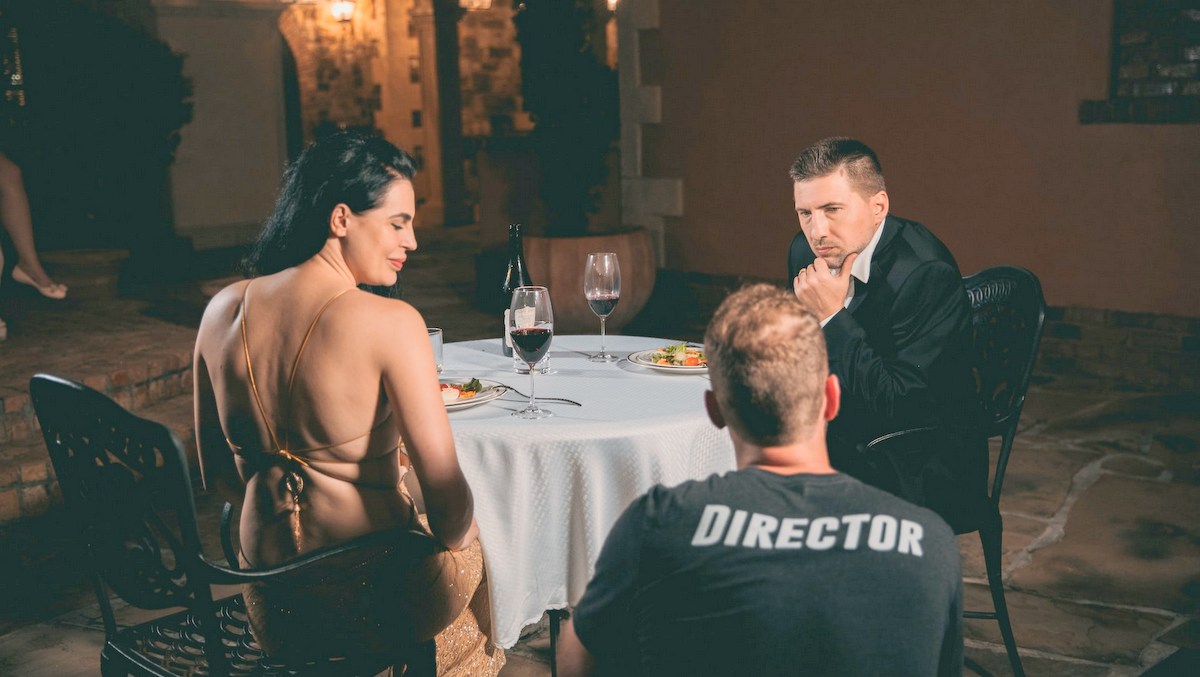
How to direct actors is an age old subject, that still needs clarity. It may not seem like it, but, directors collaborating with actors isn’t a walk in the park. It you are a filmmaker, you’d know this from experience. You understand it isn’t automatic. It takes learning and effort to grasp how to communicate a vision to actors. Here is why; actor and directors use language differently.
It is easier to find a director collaborating with a cinematographer or production designer. But, Directors dread working with actors, because they both think, and speak in almost uncommon terms. A first advice to directors or filmmakers is to get in front of the camera from time to time. Hollywood Directors often do this, when they take cameo roles in their movies. But generally filmmaking offers the collaboration between actors and directors as a great joy and privilege.
“An effective director bonds deeply with the character and the actors who play them, and at the same time allows both actors and characters privacy and independence.”- Judith Preston (The Film Director’s Intuition)
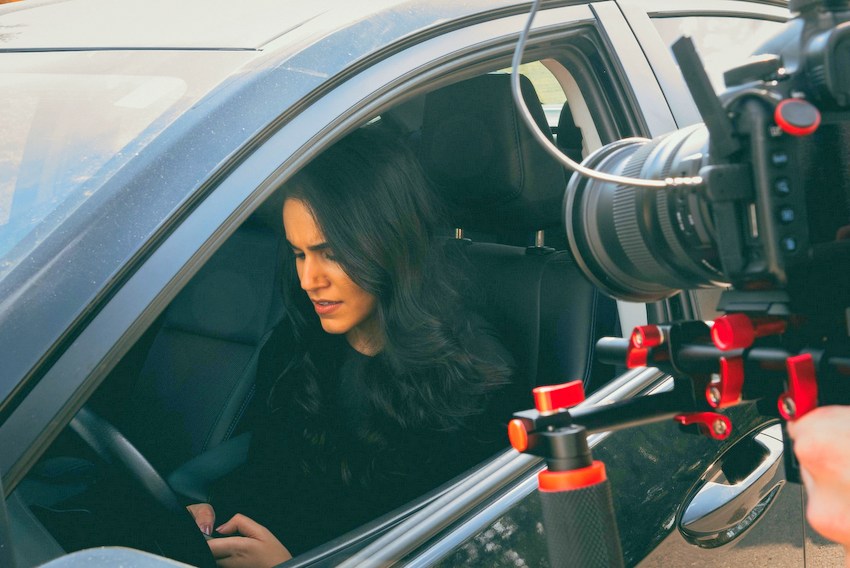
How to Direct Actors: As a film director, you need intuition to communicate with your actors
Actors agonize over their feelings. “Do I have the right emotion for the part?” “Do I have enough or too much?”. Directors compound this problem with their approach to directing which is result-oriented. Directors need to be able to function in the presence of actors in a way that allows the actors to keep their feelings alive, and at the same time allow the directors to keep his own feeling alive. People even actors don’t like to be told how to feel.
It is important to a director to get to know his actors before he shoots. If there is time for that. “I usually meet with them for weeks prior to the shoot and we could be chatting about the script or the character or we can have a beer and chat about things in general”, says Jimmy Olsson. He continues, “Then I have the possibility to get to know them, and have a chance of reading them better when we work. It’s important that they understand where you are coming from, where your ideas are coming from, and how they land within themselves”.
Directors use a lot of references when they work with actors. They give examples from different films or from things from real life that most people know of when they are in a certain age. It’s a lot about profiling really. To get to the exact right point, sometimes you have to give a type of direction that has nothing to do with the actual project. You have to be able to paint a picture that the actor also sees as clear as you see it.
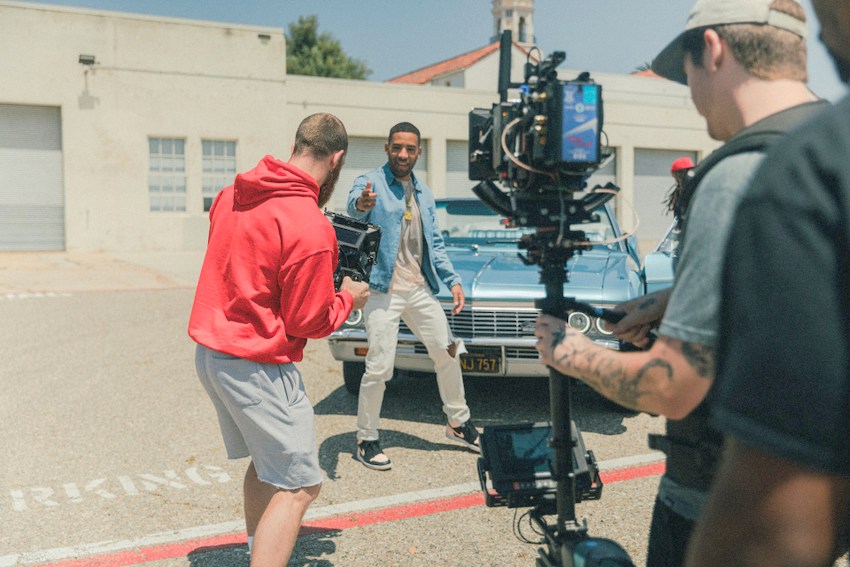
How to Direct Actors: Be Aware that feelings are a huge concern for actors? Their work is to show what they feel
We Actors agonize over their feelings. “Do I have the right emotion for the part? For the line, “Do I have enough or too much?”. Directors compound this problem with their approach to directing which is result-oriented. Directors need to be able to function in the presence of actors in a way that allows the actors to keep their feelings alive, and at the same time allow the directos to keep his own feeling alive. People even actors don’t like to be told how to feel.
Feelings are things you can discuss really. Yes actors don’t like to be told how to feel but you can always ask them how they think they would feel and discuss it. You don’t always have to be right. It is ok to not know a hundred percent. “I’m very close to the camera at all times and after a take I always walk up to the actors. I like to be close to them and acknowledge them. If you come up to them with a lot of energy and excitement they will see and feel that.” Jimmy Olsson.
“They need to trust you when you say that you are happy with the take. Yes, actors are often anxious, and sometimes you need to let them do another take and you can let them do it in their own way without direction to see if something else comes out of them,” Jimmy Olsson.
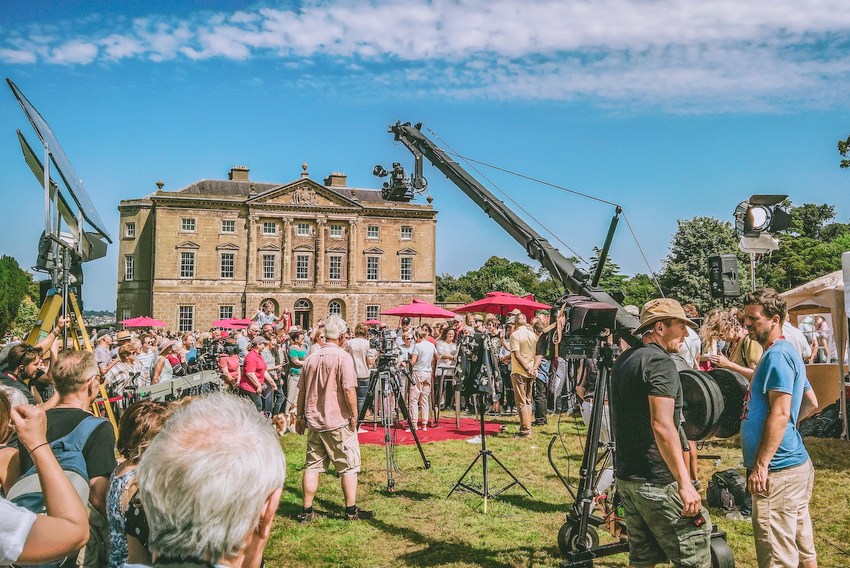
How to Direct Actors: You must have an original idea or thoughts in my head about your movie
You need to find an idea you fall in love with. You can’t do something just to be different. In addition to an emotional hook, a filmmaker needs an idea – a genuine idea – an insight to communicate. The idea should be about the human condition rather than merely a movie concept. You must care about the idea.
Whenever I start writing, the idea itself has to be strong enough to be able to grow into a full story. I’m not a fan of concept ideas, that is merely an idea. It has to be a story with a beginning, middle and an end. Ideas don’t need to be original. You can weave a great story from an idea that has been made lots of times before but you put your own flavor into it and it becomes something different.
My films always come from something that gets to me, something that moves me, something I can see in front of me. All of my films are quite different from each other but I think people can recognize my tone and flavor even if the films don’t look alike. I have found my voice and things I like after years of practicing. It’s a great feeling when you can incorporate music you like or art you like.

How to Direct Actors: You must find out how to tell a story, because it is a big deal
Original storytelling consists of a lot of elements, you must identify each of these elements and be able to tweak them to your story to get a good story told. Think about characterization, content, structure, of scenes, their situations; the structure of events of the story; character behaviors, and dialogue; the filmmaking style, which derives its visual technique from the content
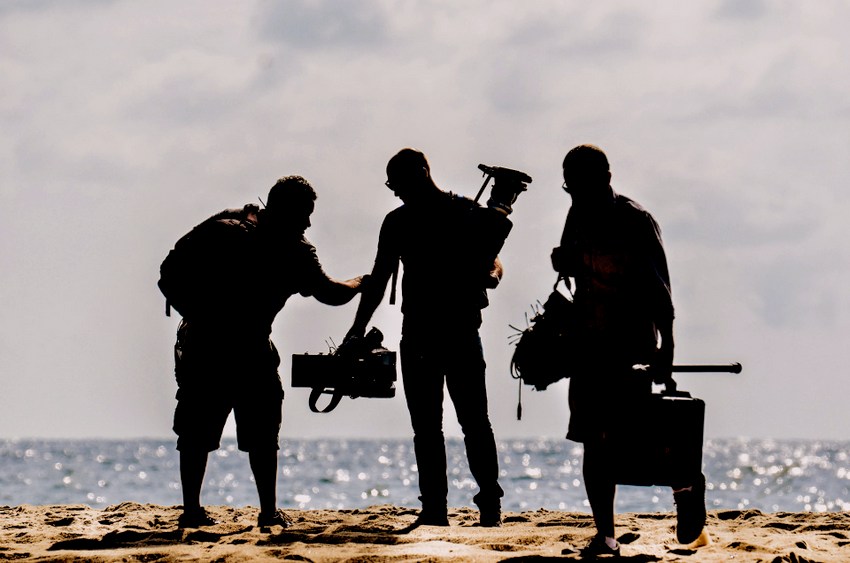
How to Direct Actors: You must do an enormous amount of work before you go to set
It is called preparation. Or studying the script. Actors call it making the character their own. It is all script analysis. How do you do it? The goal is to arrive at insights and connections to an imagined world, as preparation to function in this world during rehearsal and shooting. In order to have authority in the actors’ eyes, directors need an iron-clad connection to the characters and their story.
I have mostly directed my own scripts but there have been occasions when I have directed other peoples scripts and it is important to sit down with the screenwriter and let him or her explain if there is stuff you just don’t get. Often as a director you are allowed to change bits and pieces in the script if it doesn’t make sense or if you have a better idea on set. When I direct my own scripts I know exactly what to do with you all the time. I don’t need the papers even because everything is in my mind and sometimes I have noticed afterwards that I have shot a scene very different from the script.
Perhaps I used one shot instead of four shots and I put the actor elsewhere but as long as you get the feeling right in the scene it doesn’t matter if its different from the script. The script is just a blueprint and sometimes different circumstances allow you to be creative and change things. Im an actors director and therefore it is extremely important for me to get the right performance out of the actors. Often I stand by the camera with my eyes closed and just listen to the lines. I have heard the lines in my head so many times so I’m looking to match it with the voice in my head. Then it is perfect.

How to Direct Actors: The work you do on one film, carries over into the next film. It is called learning
Can you compare the experiences? The direction, the scene set-ups, working with actors, and delivering your part as a whole the same or different on every film? Language is what actors say with their words. And subtext is what actors really say with their body language, with the tone of their voice, eyes and expression. How do you get fresh direction from these actors in comparison with a previous production.
Even if my films are very different from each other, the work you do is more or less the same. You gain trust from an actor you have chosen. Half the work is done in casting really. You pick an actor that can represent that character you have written. Actors have different energies and approaches differently to things so if you have casted right then its your job to just maintain what you do best. I like to catch the minimalistic side of things. And, I like the filming to be intimate. I want to catch a certain feeling in one shot. I want to be moved by a frame and everything you do leads up to that certain frame.
The preparation and talks you have had before. It’s like an athlete who peaks at the right time. When it comes to subtext I have had the fortune of working with fine actors who really understand subtext and in my world good direction is really only subtext but it could be suggested in different ways. You don’t want to say the obvious even if both you and the actor know what it is you’re talking about. So really, sometimes when you are directing subtext you are using other subtext to perceive the subtext. Does that make sense?
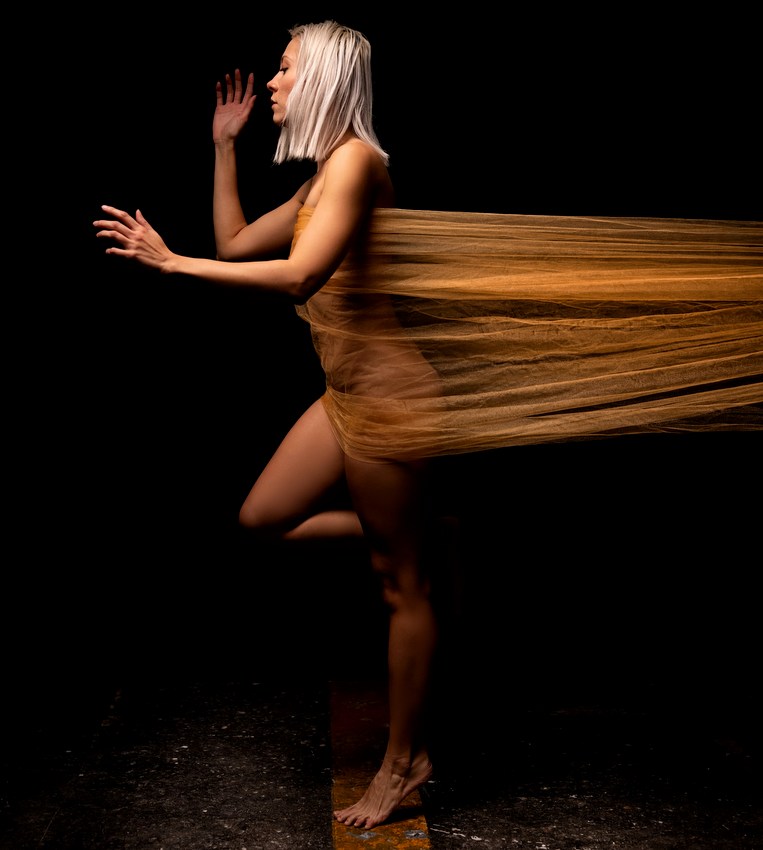
How to Direct Actors: Don’t! I repeat. Don’t result-direct
You have to compare the experiences, direction, scene set-ups, working with actors, and delivering your part as a whole the same or different on every film. Language is what actors say with their words, and subtext is what actors really say with their body language, with the tone of their voice, eyes and expression. You must get fresh direction from the actors in comparison with their previous production.
The worst thing that can happen to an actor is to watch herself. Self-consciousness feels awful to an actor. To have an actor concentrate on her performance leads to all sorts of bad habits; preconceived line reading, commenting on performance, playing a moment cheap, all these create a dead spot or false moment. A director must know these bad habits and spit them, else they will end on cutting half the film on the editing floor.
Jimmy Olsson says, “I’m very clear when an actor does something bad, or if he or she is sloppy or nervous. I want to get it out of the way immediately without being rude. I’m just very transparent and actors often appreciate that”.
“When they are commenting themselves and feel that they are doing something wrong I often confirm that instead of feeling sorry about them. Actors can be like small children sometimes and I understand why they are acting like that.”
“I’m using precise words when I’m telling them the obvious things but sometimes you have to be careful if the actor is nervous. Then I’m taking a short break and going away from the set with the actor and talking to them about what it is we are after.”
This article was developed in collaboration with the results of countless words from the interviews that indieactivity has had over the years with filmmakers, actors, and specifically with Swedish Director Jimmy Olsson.
MORE STORIES FOR YOU









